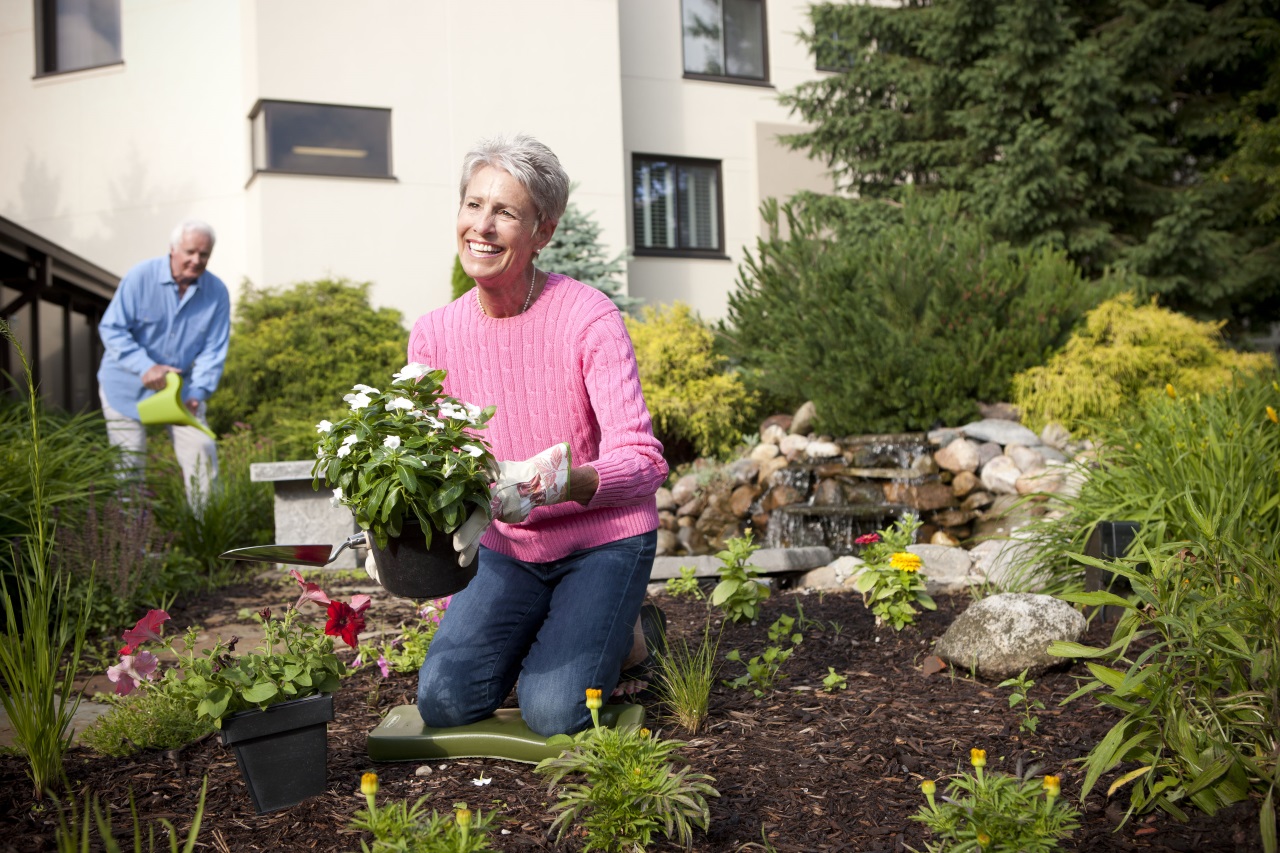If you have ever spent time in a garden, you already know how beautiful they are to look at. What you might not be aware of, however, is that the simple act of gardening could help improve your health.
April is National Garden Month, which means that it is the perfect time to talk about the positive benefits of gardening.
How Seniors Can Benefit From Gardening
Gardening offers numerous health advantages for both seniors and full-time caretakers. It’s one of the things any Senior Care Center can add to their list of pastimes from those staying there and has numerous benefits for older people’s wellbeing. Here are five ways that it can improve your health and well-being:
Benefit #1 - An Immunity Boost
Gardening and dirt go hand-in-hand. What you may not be aware of, however, is that the dirt you come in contact with as you garden could help your immune system. Garden soil contains a special type of bacteria known as Mycobacterium vaccae. Although bacteria is often associated with negative connotations, this particular bacteria has a positive effect on the body. It has not only been shown to boost the immune system but also to relieve conditions like depression, asthma, allergies, and psoriasis.
Benefit #2 - Lower Anxiety Levels
Recently, the Journal of Health Psychology published a study that showed that the amount of cortisol in the brain can be lowered through the act of gardening. Cortisol, which is a hormone associated with stress, plays a key role in certain bodily functions. If cortisol levels get too high, however, you may have difficulty controlling your blood sugar or blood pressure levels. When you garden, your cortisol levels naturally become lower, helping to keep your body functioning the way that it should.
Benefit #3 - A Lower Risk Of Developing Dementia
Not long ago, a group of researchers found that even a short period of gardening could reduce the chances of developing dementia by just over a third. The act of gardening involves both manual dexterity and exposure to sensory stimuli, which may be why it is effective at reducing the risk of dementia. Gardening, even in moderation, can positively impact seniors by helping them retain essential motor skills while simultaneously building their strength and endurance.
Benefit #4 - An Excellent Workout
Compared to activities like swimming or bicycling, gardening may not seem like much of a workout. As it turns out, however, it does increase your heart rate, which can improve your overall health. Any type of exercise, including light exercise, can be beneficial when it comes to combating the effects of aging. Before you head out to the garden, spend a little bit of time stretching. Don't forget to stretch your hands, as well, since using garden tools can result in repetitive strain injuries like carpal tunnel or tendonitis.
Benefit #5 - An Improved Mood
Being out in nature enjoying the fresh air can go a long way toward improving your mood. The same goes for spending time in the sun. Exposure to the sun stimulates the production of vitamin D while at the same time raising serotonin levels in the brain. Serotonin is a neurotransmitter that plays a key role in regulating your mood. It helps promote a sense of peace and well-being. Anyone who experiences the effects of seasonal affective disorder can definitely benefit from getting more exposure to the sun. Keep in mind, however, that too much sun exposure can be harmful because of the UV rays. You can protect yourself by wearing sunglasses, a sun hat, and sunscreen whenever you spend time gardening.
Gardening is a wonderful activity that is not only fun to do but also provides a lot of benefits for your emotional, physical, and mental well-being.
